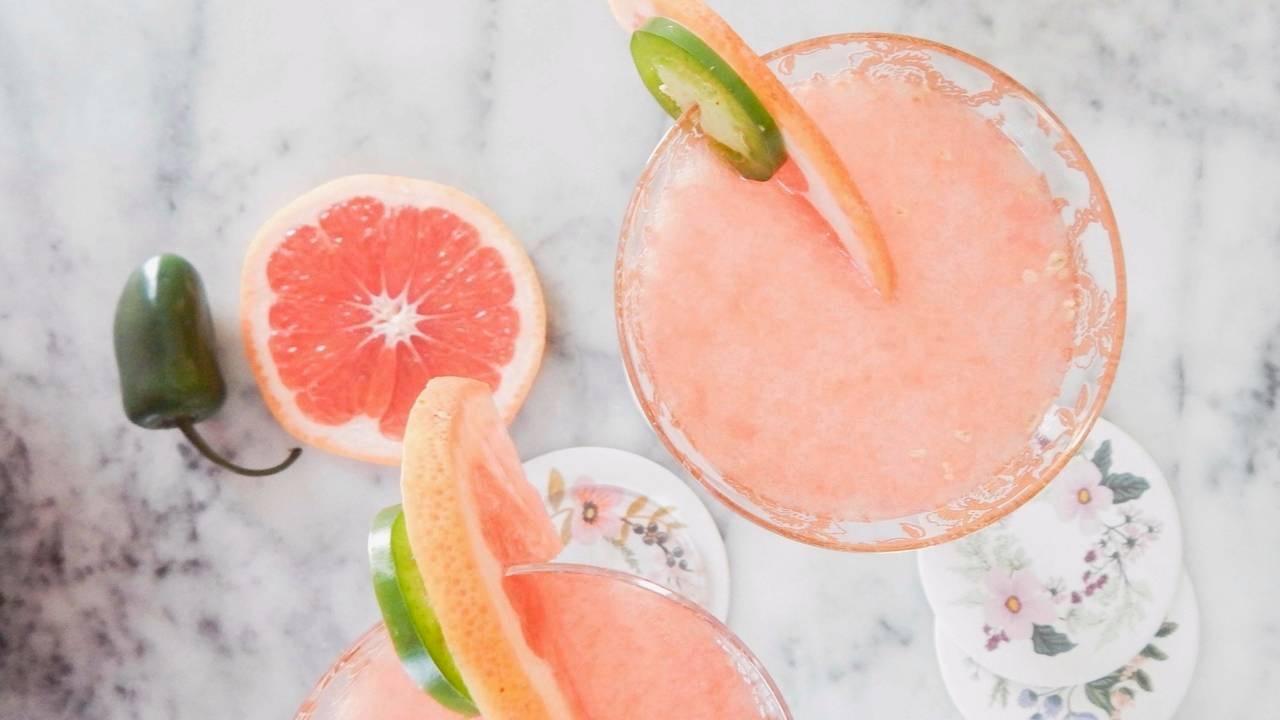
Homemade lemonade is a healthy family- and after-school activity
Feb 20, 2019by Sophia Ruan Gushée
My 9-year-old loves making lemonade. There have been several occasions during which I have watched her work really hard to squeeze a dozen lemons manually for her small glass of lemonade. Impressed and touched by her determination and work ethic, I decided to blow her mind (and give her hands and fingers a break) with a Breville citrus juicer. It has brought many benefits into our family.
View this post on Instagram
Benefits from Homemade Juice
The Breville Stainless-Steel Motorized Citrus Press (in the image below) is the one I purchased from Amazon. It engaged all three of my children into making various kinds of juices from lemons, limes, oranges, and grapefruit. This has been a lovely family activity that also works great during a play date.
I love that making homemade lemonade helps the children develop awareness and curiosity about what they consume. In addition, the smell of citrus is quite memorable. And, as I wrote in my article "Powers of Scent," the smell of citrus may help establish healthy memories (and a healthy baseline) for when the kids are older—attracting them to fresh, homemade juice (rather than the processed, additive-filled types), which can create healthy ripple effects.
Selfishly, I benefit from their help as I also enjoy drinking these homemade citrus juices. And when I feel my immune system is battling something like the common cold, a glass of grapefruit juice has helped my resiliency. This reminds me to have the children drink some before- or after- school so their immune systems get an extra boost too, especially during the cold and flu season.
5 Steps for Homemade Citrus Juice
Stock your fridge or freezer with homemade citrus juice in 5 easy steps. This makes many powerful nutrients (like vitamin C) conveniently available for you and your family.
1. Procure the Ingredients
Buy any, or all, of the below citrus. If possible, organic citrus is ideal. However, they are not among the most contaminated with pesticides so don't worry too much if you rather re-allocate your budget to those items on the Environmental Working Group's Dirty Dozen list.
- lemons
- limes
- oranges
- grapefruits
Optional
My middle child loves sweetening the lemonade with stevia. While I hesitate on stevia, it gets my whole family excited about making homemade juice and drinking it. So I find it worthwhile. Try to minimize the use of additional sugar, and be thoughtful of any health conditions that may be worsened by additional sugar. If you think extra sweetening is worthwhile, healthier options include:
- organic, alcohol-free stevia (this is our preferred sweetener), but if you are considering this then research the potential health effects, including if you have a health condition
- unprocessed honey
- unprocessed, unbleached sugar
2. Determine how you will release the juice from the citrus
You can make homemade juice using the Breville citrus press, another citrus press, or just manually squeezing the juice. A citrus press should squeeze out more juice than manually squeezing, and it'll save a lot of time.
3. Assign jobs to the kids, if they don't figure that out by themselves
What has been lovely is the self-organization, or assembly line, that emerges among the kids when making citrus juice: While my older children slice the citrus and press the juice, our 6-year-old scrubs clean the citrus, using a brush like the one below. (I'm sorry that it's plastic but I find the stiff bristles reassuring as we try to remove unwanted contaminants that we would otherwise drink.)
Self-organization doesn't always emerge though (it depends on the chemistry of the kids). So you can assign them roles, and consider having them take turns.
4. Organize and store the juices
As juice is created, the kids take turns filling each glass container with each type of citrus (like lemonade in one, lime-ade in a second, orange in a third, and grapefruit in a fourth).
You can store the juices in glass containers (the one in the image below is one that we use). If you make more than one type of juice, then people can enjoy their preferred concoctions. For example:
- I might mix grapefruit and lime juice in a glass full of ice
- If I have mint leaves, I'd love to add those too
- Sometimes I dilute homemade juice with sparkling water
- When I'm enjoying a cocktail with my husband, I add some grapefruit and lime juice into tequila and ice
5. When you are running out of shelf-life...
Once you start to sense that the juice is about to go bad, you can use it up in a smoothie. Add it to frozen fruit in a blender. You can add kefir or another kind of ingredient that would add healthy fat, protein, or other nutrients. Be mindful about consuming too much sugar at once. Including healthy fat from yogurt, or probiotics and fat from kefir, may be better for your body and energy since it both adds nutrients and may also slow down your body's absorption of sugar.
Alternatively, you can freeze it in a mason jar (don't fill it to the top so it has room to expand), or in popsicle molds.
In Summary
Making homemade citrus juice (from lemons, limes, oranges, or grapefruits) is a wonderful family activity that also offers many health benefits. Making your own juice can get your children more curious about the ingredients of what they consume, encourage them to consume more citrus (which can help the immune system ward off symptoms of the common cold or flu), develop healthy habits for the future, can be creative, is a wonderful sensory experience that does not include technology, and creates a wonderful bonding experience for the kids and adults involved.
Please note: I make a small fee from Amazon if you purchase after clicking on the Amazon images above.



